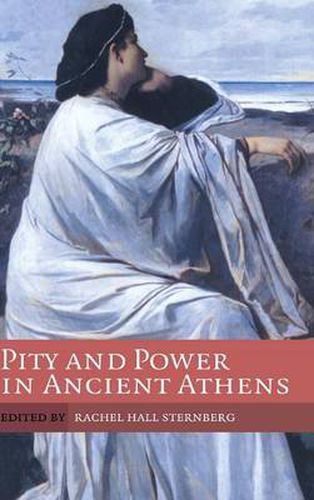Readings Newsletter
Become a Readings Member to make your shopping experience even easier.
Sign in or sign up for free!
You’re not far away from qualifying for FREE standard shipping within Australia
You’ve qualified for FREE standard shipping within Australia
The cart is loading…






Ancient Athenians resemble modern Americans in their moral discomfort with empire. Athenians had power and used it ruthlessly, but the infliction of suffering did not mesh well with their civic self-image. Embracing the concepts of democracy and freedom, they proudly pitted themselves against tyranny and oppression, but in practice they were capable of being tyrannical. Pity and Power in Ancient Athens argues that the exercise of power in democratic Athens, especially during its brief fifth-century empire, raised troubling questions about the alleviation and infliction of suffering, and pity emerged as a topic in Athenian culture at this time. The ten essays collectively examine the role of pity in the literature, art, and society of classical Athens by analyzing evidence from tragedy, philosophy, historiography, epic, oratory, vase painting, sculpture, and medical writings.
$9.00 standard shipping within Australia
FREE standard shipping within Australia for orders over $100.00
Express & International shipping calculated at checkout
Ancient Athenians resemble modern Americans in their moral discomfort with empire. Athenians had power and used it ruthlessly, but the infliction of suffering did not mesh well with their civic self-image. Embracing the concepts of democracy and freedom, they proudly pitted themselves against tyranny and oppression, but in practice they were capable of being tyrannical. Pity and Power in Ancient Athens argues that the exercise of power in democratic Athens, especially during its brief fifth-century empire, raised troubling questions about the alleviation and infliction of suffering, and pity emerged as a topic in Athenian culture at this time. The ten essays collectively examine the role of pity in the literature, art, and society of classical Athens by analyzing evidence from tragedy, philosophy, historiography, epic, oratory, vase painting, sculpture, and medical writings.